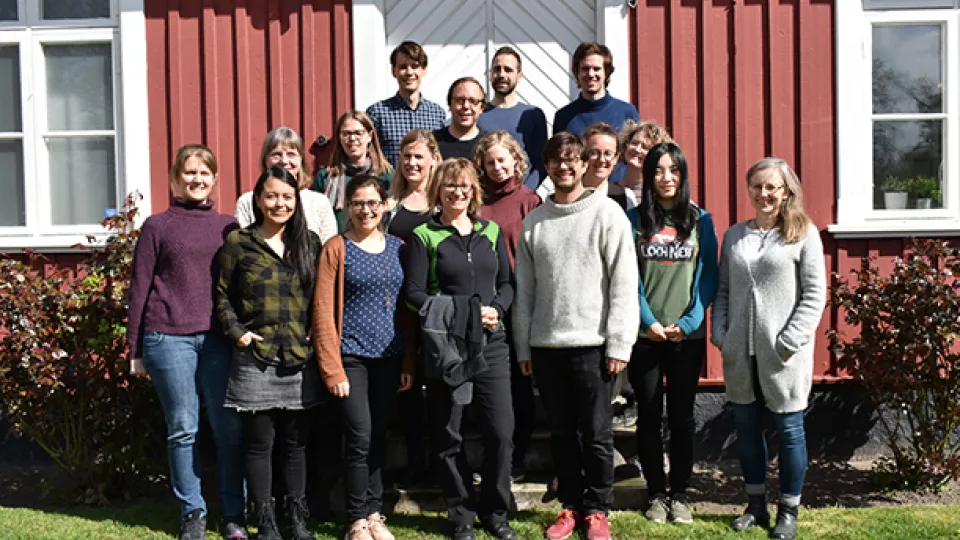The first ever intergovernmental, global report on biodiversity and ecosystem services, backed by the United Nations, recently concluded that human activities may cause the extinction of up to one million plants and animal species, which is an urgent threat to the human society. Meanwhile, a diverse group of new PhD students have arrived from all over the world to contribute to the environmental and climate research at Lund University. Focusing on a wide range of topics they will develop knowledge which may be of use in the challenging puzzle of mitigating the environmental and climate effects.
Micaela Mafla Endara will focus her PhD project on one of the major environmental problems in society, the plastic pollution.
There are many environmental problems that are not so visible, e.g. the impact of microplastics in soils, but they need to be addressed before the ecological consequences are irreversible,
says Micaela Mafla Endara, and points out that soil microorganisms have an important role in the soil structure, stabilization and nutrient cycling. Microplastics might have a negative impact on their performance, but there are no studies in the field yet. Micaela is hoping that her future research findings may contribute to the improvement of societal practices related to plastic pollution.
Johan K. Jensen expects to benefit from the wide variety of expertise among the CEC researchers during his doctoral studies. He is fascinated by the complex interactions within the field of biology and how the theories can be applied in relevant contexts. This has led to his PhD project’s focus on the urbanization’s effects on biodiversity.
Cities are expanding worldwide – both in size, number and density. We are creating a fully new environment, with little knowledge on how this affects nature,
Jensen says, while emphasizing nature's importance for the wellbeing of a majority of the world’s population, whom resides in cities. Johan K. Jensen argues that creating new knowledge within the field is essential in order to take informed decisions on how we choose to design our future cities.
Other research topics discussed at the initial PhD student spring meeting were e.g. new analytical methods to be used in evidence-based decision-making and environmental risk assessment and how low oxygen conditions can be related to warm periods in the Baltic Sea region.
